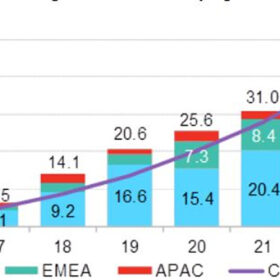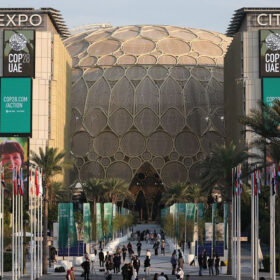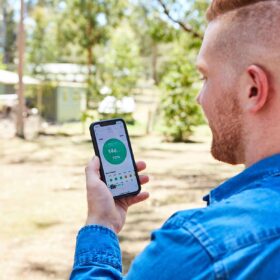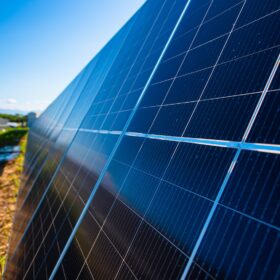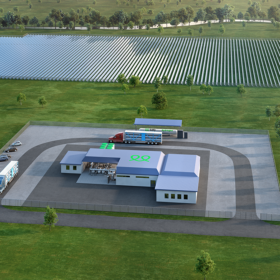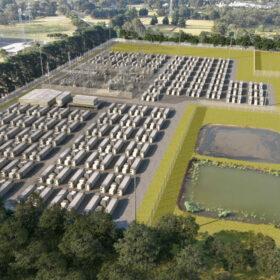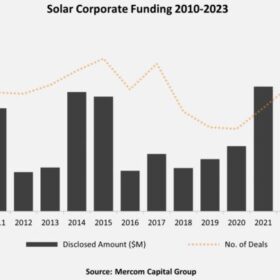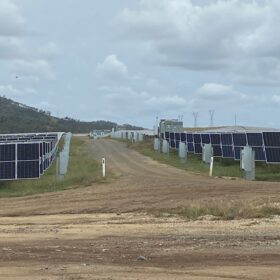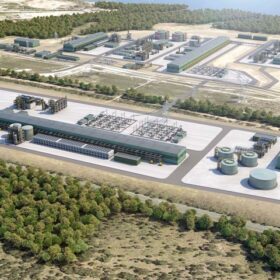Corporate PPAs hit record high in 2023, says BloombergNEF
BloombergNEF says in a new report that corporations publicly announced 46 GW of solar and wind power purchase agreements (PPAs) in 2023, up 12% year on year. It says the increase was driven by a surge of activity in Europe.
The path beyond 5 TW
With the COP28 climate summit in Dubai resulting in a pledge of at least 11 TW of renewables generation capacity by 2030, Bruce Douglas, chief executive officer (CEO) of the Global Renewables Alliance (GRA), examines the outcomes of the conference and their likely impact on the solar industry.
Amber eyes international market after $29 million raise
Commonwealth Bank-backed energy retailer and technology company Amber Electric has raised $29 million (USD 18.9 million) in capital that is earmarked to scale the business in Australia and to take its battery and electric vehicle automation software offshore.
EDP snaps up 1.5 GW portfolio in Australian market move
Global clean energy major EDP Renewables has expanded its presence into Australia with the acquisition of Canberra-based solar and energy storage developer ITP Development in a deal that adds more than 1.5 GW of wind and solar projects to its portfolio.
Edify gets green light for Queensland hydrogen hub
Australian renewables developer Edify Energy has been tapped by the federal government to lead the development of a hydrogen hub in the north Queensland city of Townsville as it looks to take advantage of growing global demand for green hydrogen.
New joint venture targets 2 GW solar and storage build-out
Hong Kong-based private equity firm Gaw Capital Partners has teamed with Asian energy storage business BW ESS in a renewable energy venture that intends to develop more than 2 GW of utility-scale solar and battery projects in Australia.
Solar corporate funding hits decade-long high in 2023
PV funding activity increased by 42% year-on-year in 2023, driven by strong growth in private market financing and debt financing, despite a decrease in the total number of deals, according to United States-headquartered consultancy Mercom Capital Group.
Investor group warns of revenue risk for solar farms
The Clean Energy Investor Group has warned that solar farms in southwest New South Wales and northwest Victoria could suffer from “large and unpredictable” swings in revenues because of material changes in marginal loss factors.
Tasmanian hydrogen hub locks in $70 million federal funding boost
The Australian government has formalised a $70 million (USD 49.95 million) investment to help develop the Bell Bay Hydrogen Hub in northern Tasmania with construction of the project scheduled to commence this year with completion planned for early 2028.
Governments unite with $206 million clean energy initiative
The Commonwealth and New South Wales governments have announced a $206 million package aimed at funding energy saving upgrades in social housing properties and increasing access to solar for low-income renters and apartment residents across the state.
